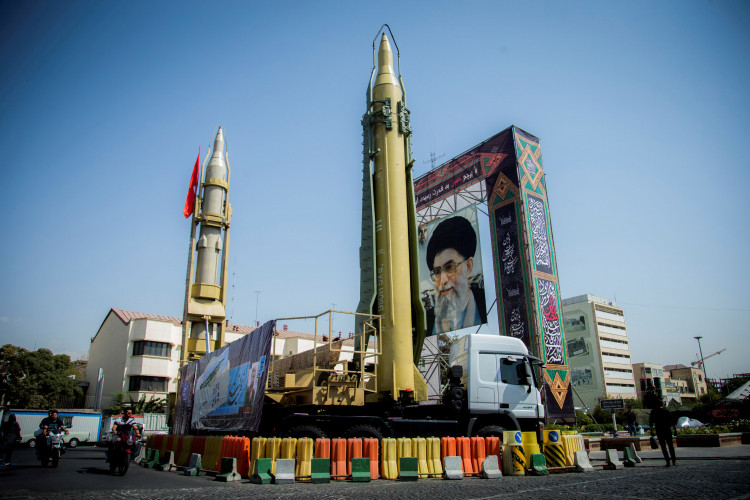Iran is planning to increase its ballistic and cruise missile capacity and acquire modern fighter jets and submarines as the country double its efforts to boost its defense capabilities in the Middle East, a state-owned news agency quoted a statement from a senior Defense Ministry official on Saturday.
According to the Islamic Republic News Agency (IRNA), Mohammad Ahadi, Iran's defense minister, recently spoke to a group of foreign military attaches and dignitaries from other countries on Saturday to discuss Iran's long-term plans of establishing its military presence in the region, a report from Al Jazeera said.
In his statement, Ahadi said that the Rouhani government is keen on increasing the country's missile capacity as well as acquiring next-generation fighter jets on top of its domestically-produced units.
Just last month, Iran unveiled its first-ever home-grown fighter plane dubbed as "Kowsar." According to a previous report from this site, the fourth-generation war aircraft has the capacity to carry various weapons on board and is intended to be used for short aerial support missions.
The defense minister went on to reveal Iran's intention to add on its fleet long-range fighting sea vessels including submarines.
As he was further quoted as saying over at the Jerusalem Post, Ahadi said that Iran should be able to realize all these plans given the fact that the country has the "necessary infrastructure" to facilitate the research and development needed to upgrade its defense industry.
Ahadi, in his speech, puts confidence on Iran's education sector in providing "tens of thousands of graduates" from engineering, scientific, and other technical fields which could in turn help bolster the nation's fighting capabilities.
This recent news of Iran's military development plans surfaced after the Islamic Republic decided to dismiss the French call for nuclear talks in Tehran.
According to the report from the Australian, France believed that Iran has a crucial role to play in the wars going on in Syria and Yemen. The negotiations, as the stated on the site, involved Tehran's nuclearization plans and the growth of its ballistic missile arsenal.
Trump's Role
In May, US President Donald Trump decided to withdraw from the 2015 Nuclear Accord which delimits Iran's nuke development in the region and at the same time, lifts the sanctions placed on the country's struggling economy.
Intelligence reports on Iran's alleged violation of the pact prompted Trump's administration to pull out from the agreement and to re-impose the sanctions.
This, in turn, infuriated Tehran, forcing the Islamic country to resort to the abovementioned defensive measures.






